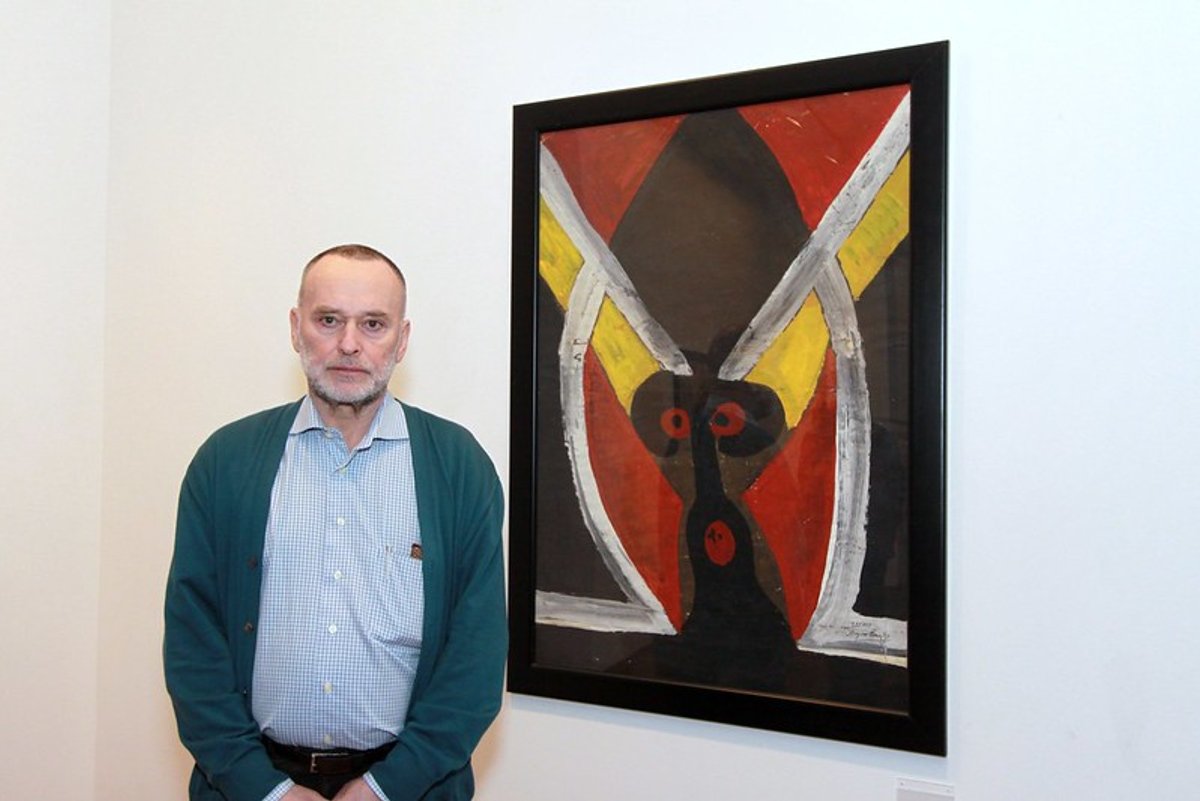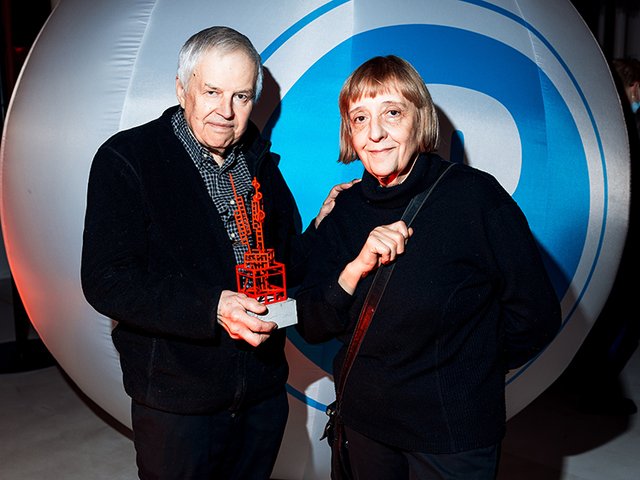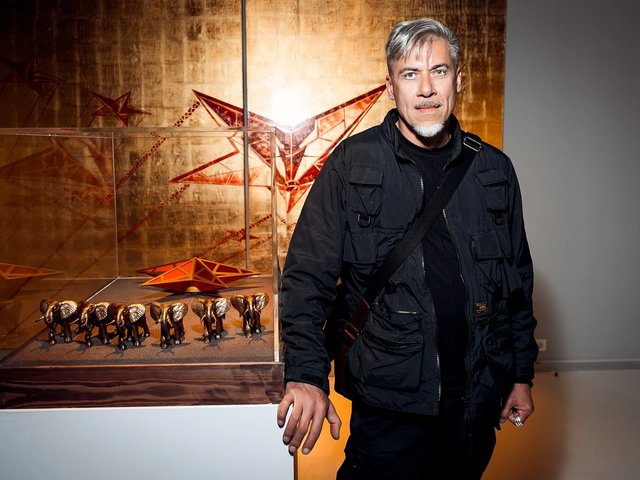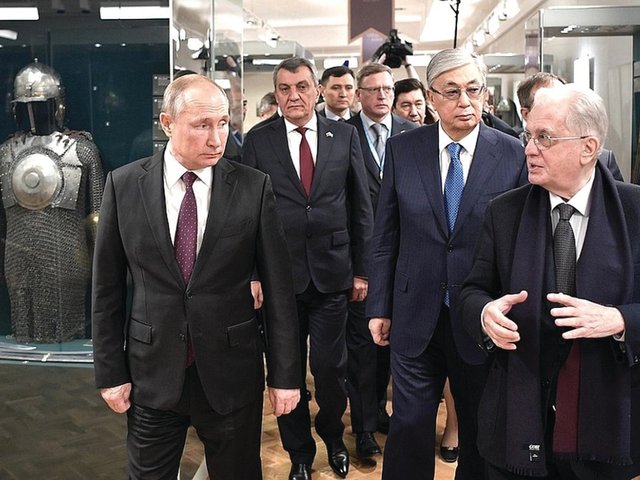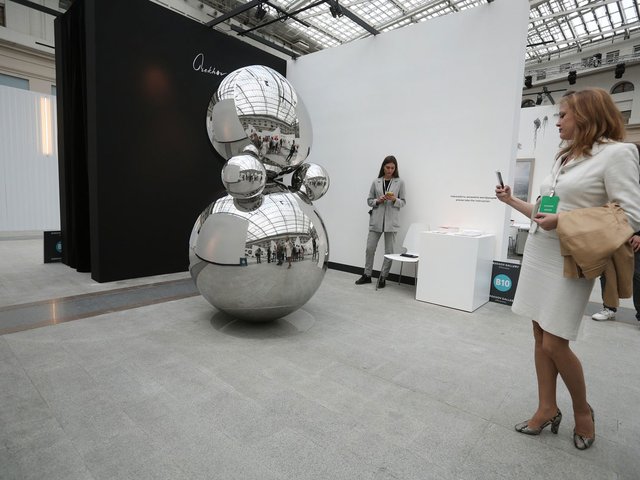Leonid Bazhanov, an art historian and curator who founded the National Centre for Contemporary Arts (NCCA) in Moscow, died on 11 January, aged 79. His death closes a promising but brief era in Russian contemporary culture that grew out of the Soviet unofficial art movement but has been quickly silenced under Vladimir Putin.
Bazhanov, who was also an artist, worked in state institutions including the State Pushkin Museum of Fine Arts and the Kremlin Museums early in his career, and in the 1990s in the Ministry of Culture. He came into his own as a curator of underground exhibitions in the 1970s and 80s, which gave birth to the NCCA in 1992. It was given a state-owned space near Moscow Zoo in the early 2000s.
As artistic director, Bazhanov expanded the NCCA into a network of centres across the country—the most impressive being in the Nizhny Novgorod Kremlin, in the west. For a time he dreamed of building a Russian state-supported equivalent of the Centre Pompidou.
As freedom of expression was quashed the NCCA was transferred to direct government control. In 2016, the organisation was abruptly merged with Rosizo, the exhibitions arm of the culture ministry, and then brought under the Pushkin museum.
Bazhanov withdrew into teaching, overseeing the contemporary art programme at the Higher School of Economics (HSE) Art and Design School in Moscow, which has since closely aligned itself with the state.
After Russia’s 2022 full-scale invasion of Ukraine, Bazhanov warned about the consequences for contemporary art. “The government will not return to socialist realism but will create a simulacrum, imitating trends of entertainment and the shopping mall,” he said in a story published in New Lines Magazine in 2023.
A group of pioneers
Bazhanov’s passing came almost exactly a year after the back-to-back deaths of Joseph Backstein, who was 78, and Lev Rubinstein, 76, in January 2024. They were also key figures in the history of Russian contemporary art who put Moscow Conceptualism, which reacted against Soviet Socialist Realism, on the international map and brought a Western understanding of art to Russia.
Backstein, who died in London, worked as an engineer in the Soviet era and studied philosophy. He participated in dialogues with Conceptual artists Andrei Monastyrski and Ilya Kabakov. During Mikhail Gorbachev’s Perestroika—a period of social and political reform that took place in the mid-1980s—he staged an art performance at Moscow’s Sanduny Bathhouse, and did so again in 1992 at the notorious Butyrskaya prison. He later had a stint as a state cultural bureaucrat at Rosizo.
Backstein was also the founder and artistic director of the Moscow Biennale of Contemporary Art. The first edition, titled “Dialectics of Hope,” was held in 2005 in the former Lenin Museum on Red Square, signalling, it seemed at the time, a new chapter for the country’s art scene. International artists such as Christian Boltanski and Yoko Ono, and curators including Daniel Birnbaum and Hans Ulrich Obrist, were among those in attendance in Moscow. Backstein was also the founder and director of the Institute of Contemporary Art in Moscow, which was renamed after him in 2019. Hundreds of young artists have graduated from the school, many of whom have had to leave Russia after the invasion of Ukraine.
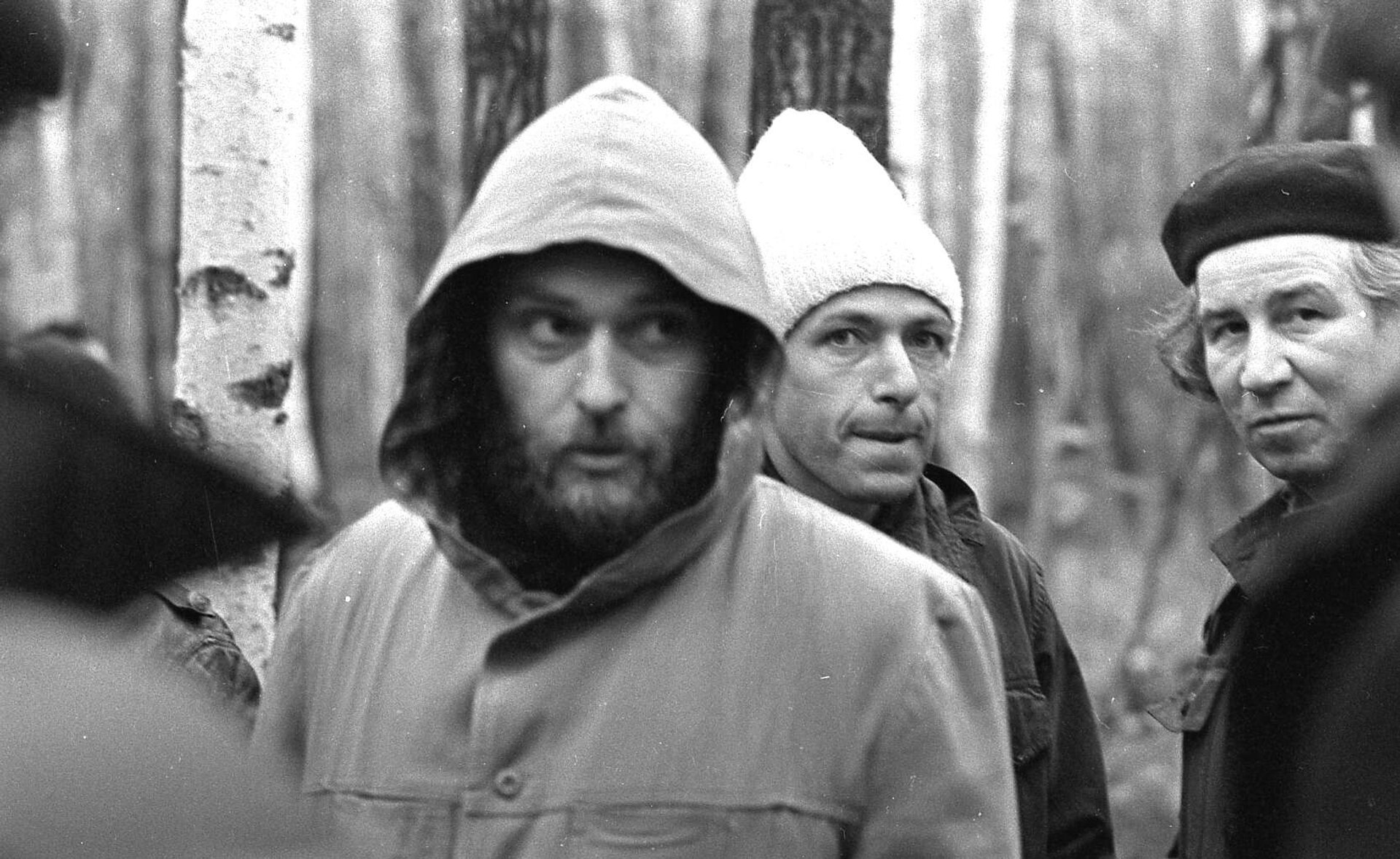
Leonid Bazhanov (left) with Joseph Backstein (centre) and the artist Ilya Kabakov (right) taking part in Place of Action (1979), a work by the Conceptual performance group Collective Actions of which they were members
Photo: Igor Makarevich
Rubinstein died after being hit by a car while crossing a street in Moscow. He was a founder of the Conceptualist movement and a poet, who created a genre of “note card poems,” drawing from his work with card catalogues as a librarian. He was a larger than life presence at Moscow art events.
“In a sense, I would say that Moscow Conceptualism is united by an inner feeling that the world is divided, all the texts are written, the pictures are painted,” he told Lechaim, a magazine focused on Russian-Jewish culture, in 2017. “The task of today's artist is to rethink, to rename.”
Rubinstein lives on among friends and followers in a lively, moving Facebook group called “Lev Rubinstein is With Us.”
A symposium in January at Pushkin House in London paid tribute to Backstein and addressed the future of contemporary art in Russia. Elena Zaytseva, a curator who organised the event, wrote on her Facebook page: “For us, the generation who came of age in Russia after Perestroika, Joseph Backstein was one of the heroes who broke the membrane between Russian art and Europe.”
In another post, one of Backstein’s students, artist Haim Sokol, responded to Bazhanov’s death and noted the gaping hole left by the cumulative losses: “People with whom I had the good fortune to communicate, work, live in the same city, at the same time. Neither that city, nor that time, nor those people exist anymore.”
Bazhanov, looking beyond the challenges of the current period, told New Lines magazine in 2023 that the self-reliant art communities seeded across Russia are creating “art which is stronger than barricades”. They are, he said, “the green shoots of a new Russian art.”
Leonid Bazhanov; born Moscow 27 March 1945; died Moscow 11 January 2025


